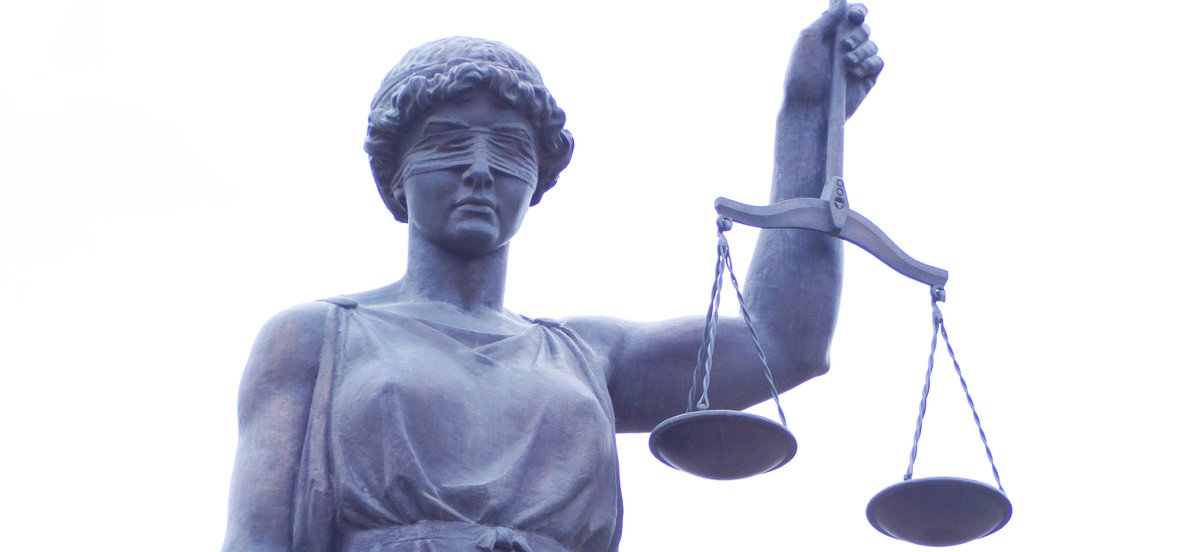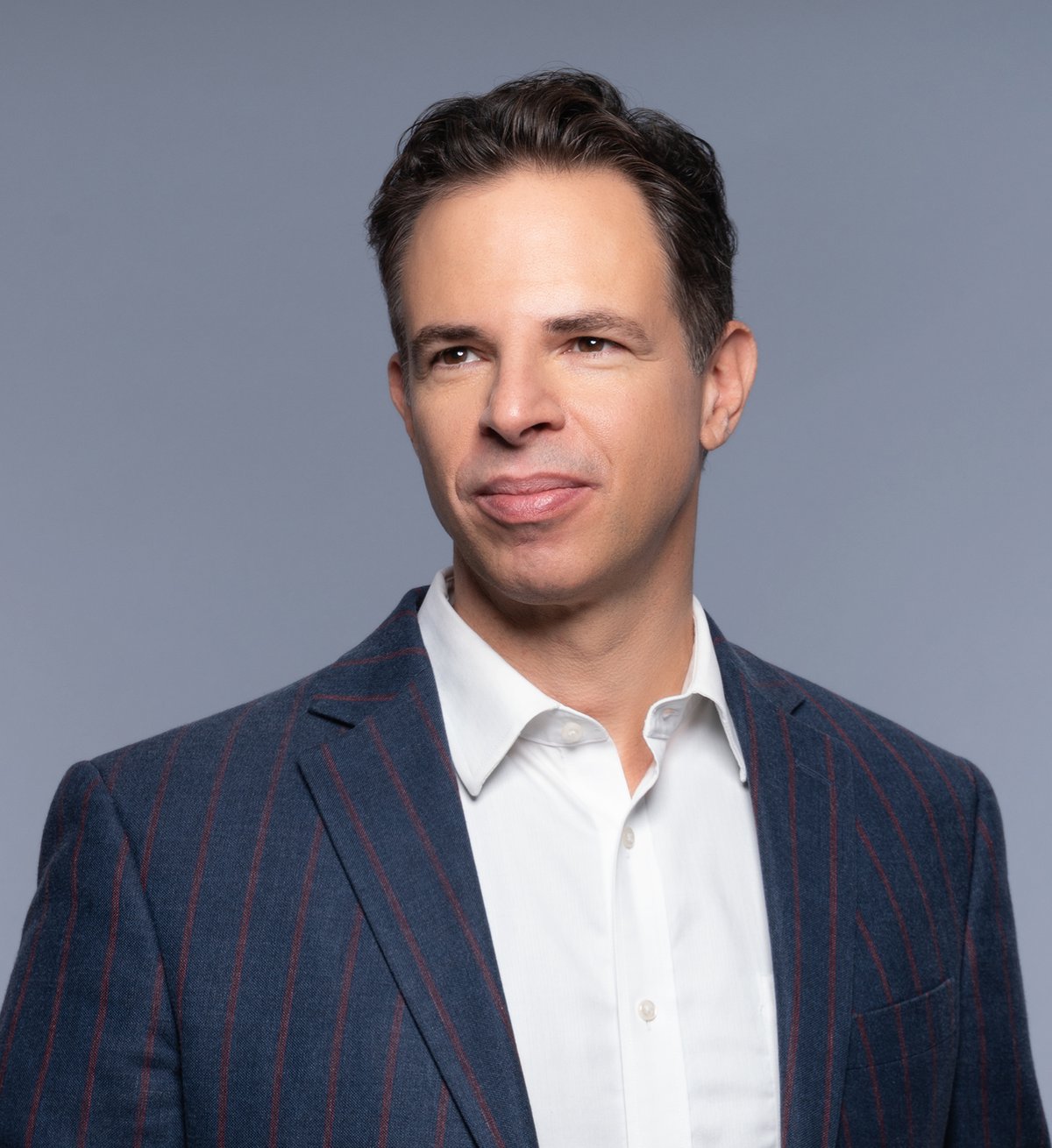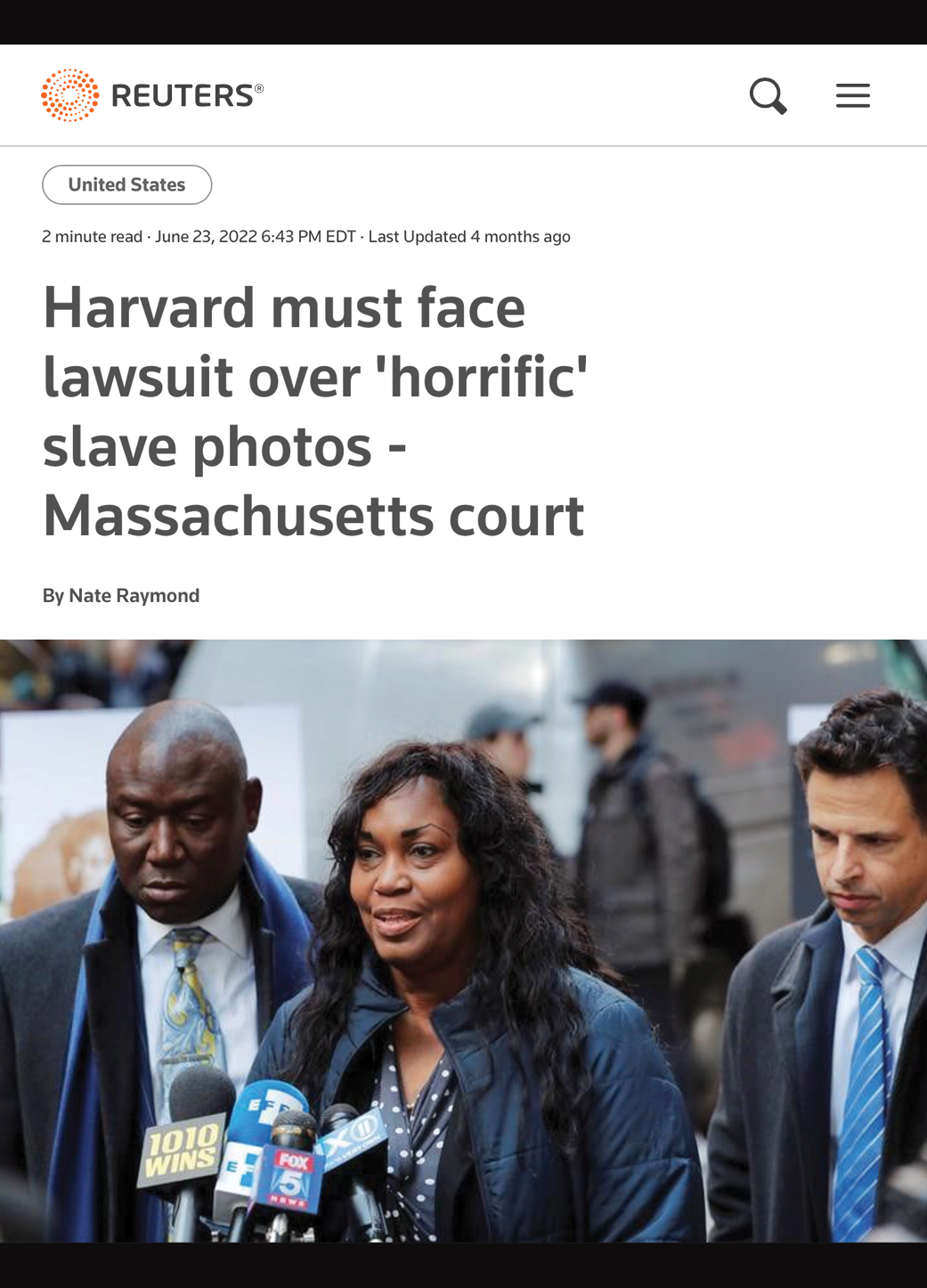English Lessons

In Harper Lee’s 1960 literary classic "To Kill A Mockingbird," the author drew inspiration for the famous character Atticus Finch from her father, A.C. Lee. He was an Alabama lawyer who, like Finch, represented Black defendants during a time of harsh racial segregation in the South. For many readers, Atticus Finch’s commitment to justice, integrity and honesty have elevated him to hero status. In a similar vein, Joshua Koskoff drew inspiration from his own family.

Joshua Koskoff '88, one of the nation's leading lawyers, majored in English in the College of Arts and Sciences.
“I was always informed in my outlook of what a lawyer should be by my grandfather and my father,” says Koskoff, a 1988 graduate of the College of Arts and Sciences. “Their views were to always stand in the shoes of and in service of those who were at the losing end of a power struggle.”
A Family Legacy in Law
The Koskoffs have been serving others in that way since they began practicing law in the 1930s. Koskoff can remember some of the major cases his father and grandfather took on. From representing the Black Panthers to integrating the Bridgeport, Connecticut, police and fire departments after years of institutional racism, the Koskoffs often went against popular opinion in the pursuit of justice.
“They fought battles that nobody thought they could win,” Koskoff recalls. “I remember being at the house and my father getting a death threat over the phone. They were taking on unpopular but righteous cases.”
Josh is the third generation of Koskoffs at the firm Koskoff, Koskoff & Bieder. In recent years he and his team have taken on some of the nation’s most high- profile cases, including representing the Connecticut descendant of an enslaved man named Renty in a suit against Harvard University, for the return of daguerreotype images from the 1820s.

Koskoff and his firm have taken on several high-profile cases, including one involving the rights of the descendants of an enslaved man, as reported by Reuters in this screenshot.
Koskoff has also represented families of victims in the 2012 Sandy Hook Elementary School shooting in a case against the Remington Arms Company, the manufacturer of the assault rifle used to carry out the attack. The landmark lawsuit, which was settled in February 2022, resulted in the public disclosure of internal documents related to the company’s marketing practices and Remington paying $73 million to the families, the first time a U.S. gun manufacturer has been held liable in a mass shooting. Most recently, the Koskoff team secured a guilty verdict against conspiracy theorist Alex Jones, resulting in the Infowars host having to pay $965 million in damages to Sandy Hook families.
“Whether you’re serving a client who has been wrongfully imprisoned, or the parent of a child that’s been killed in a school shooting, if your heart is in it and you know you’re in the right place, you really can’t go wrong in my view,” says Koskoff.
An Education Steeped in Storytelling
While Koskoff is now recognized as one of the nation’s top lawyers, he admits that during his days as a student he was uncertain whether law was the correct path for him. A passion for literature and storytelling led him to major in English in the College of Arts and Sciences.
“Majoring in English was very instrumental in helping me have this broad, more worldly, more informed view of human relations,” says Koskoff. “I didn’t enroll in law school until three years after graduating. I thought being an English major would allow me to apply my studies to any number of endeavors.”
And it did. The lessons he learned in his English courses have had a tremendous impact on his success in the courtroom.
“I fell in love with storytelling,” he explains. “Reading as many books as I did has helped in my ability to communicate with juries and people in my private and professional life.” He also credits his time acting with Syracuse University’s Black Box Players, a student-run theater organization on campus, with honing his rhetorical skills.
Koskoff recalls two courses that enhanced and broadened his world view. “The first was a post-modernism class with Professor Linda Shires,” says Koskoff. “That was a class that really introduced me to critical thinking and analysis.”
Another class was taught by Professor Jean Howard on early-20th century British literature. “I just remember sinking into those stories and finding great virtue in the characters,” he says. “Those were the classes where I feel like I became a really serious student. They helped me develop a way of thinking and writing that has helped me throughout my life.”
Koskoff also says the multidisciplinary perspectives gained from a liberal arts education pays dividends for a student no matter their career aspirations.
The Power of the Liberal Arts
“For someone like me who didn’t know what I was going to do when I got out of college, having the liberal arts background kept all options open,” he explains. “The comprehensive range of study makes you more tolerant as a person and more interesting as a person.” As Atticus Finch noted, “You never really understand a person until you consider things from his point of view. Until you climb inside of his skin and walk around in it.”


